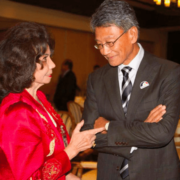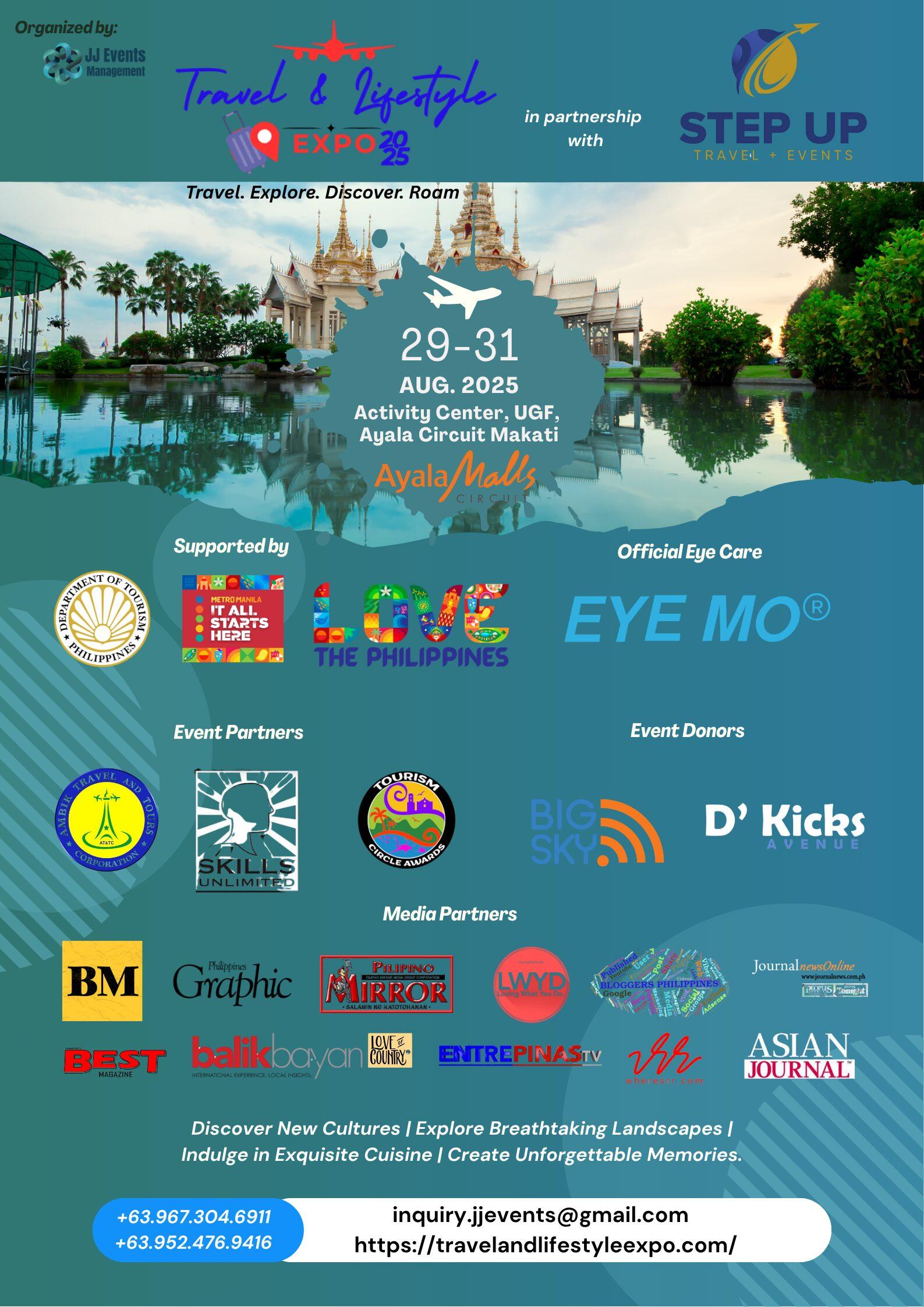FUNDraising is not a game, not a social commentary or a religious revelation. It is not the breeding ground for the trite or shallow. To say “Enough of fundraisings” is one of the most wrong things you can say. Even if the exhaustion is authentic, fundraising is here to stay.
It is some kind of a dance in the end zone—of that donor’s fatigue gently floating: a point to the heavens, if the saints are actually looking down, at people that actually care. When I find them, they are the story.
Along came the $300 dinner which was held at the Bel Air Country Club, whose world elegance and tradition came to life. Elbows, perfume and conversation invaded even the cramped space of ones chair. It was eclectic, electric, global and mingled with extra ordinary people from a range of fields—academic leaders, scientists, entrepreneurs, philanthropists—in an assemblage joining in conversation, telling their own stories, merging facts and fiction.
Needless to say, dinner was a feast that you could cut the prime rib with a harsh word. Glasses did not need attention as wine flowed like a fountain, fortifying imbibers to talk in seven languages, all of them wrong!
Joannie Feliciano started the evening with a set of remarkable songs, culminating in lyrical ode to love. Some folks criss crossed the dinner floor in search of Stephen Bishop, the noted singer-songwriter.
So many special people that had influenced us and also known for their philanthropy were in the room. An early morning shower splashed the trees and flower with cola, making the air crisp and cool, soothing like a lullaby. It was a perfect night.
The exhilaration that night was produced by disparate individuals who brought light, beauty, gaiety and merriment to the event. There was the strong ripple of excitement as a hundred pairings of eyes looked at the titan from Silicon Valley—Dado Banatao.
The saints of American Capitalists are in Sillicon Valley. They are regarded as successors to the big magnates of the gilded age. Sillicon Valley has the most number of millionaires and billionaires in the United States per capita and is now generally used as a metonym for the American high technology region. It has replaced orchards related agricultural and food production companies, which gave its initial nickname in the past, ”Valley of Hearts Delight.”
Rarely do I get to interview one who comes down from his pedestal, one who was more concerned how to make the writer comfortable and at ease. I have done our first interview at the Green Ley Mosaic center in January. Journalists know why his peers respect him and hold him in high esteem. He never seems to be displeased and never refused to answer any question, even if they bordered or restrained probing.
“Sir, you’re always avoiding a “question.”
“What is the question, Mylah?”
How wealthy are you, Mr. Banatao? He answered with an infectious smile more of the guffaw, then turned serious. “it is not a sin to have money, to work for it, but you see, I wasn’t brought to study or work hard to get out of poverty. We have no notion of wealth or possession of it. We simply studied because our parents instilled in us that education was important.”
We already know that he does everything well: be it making millions, piloting his plane, father to his children, the doting grandfather, the beloved family head.
Our conversation flowed to know more about his son, Disodado Rey Banatao. Pointing to him, he said, ”you see that boy taller, handsomer than me? (Indeed, he was.) He is athletic, a scientist, firm on what he has set his mind on.” The typical father who knows the apple does not fall far from the tree.
The young lad, Rey believes strongly that technology is the answer to solving many of the world’s problems. He participates in many charitable leadership programs, through his experience and education to help bridge technology gaps and develop methodologies to put them in the right perspective—and much, much, more.
Sir, can I drop your name? I asked so that I have permission to do a human interest narrative, fitting for a young man. His laughter gave me the cue. Professed with appreciation, we approached the son of the Titan from Silicon Valley. That is a separate story for next week.
Society reportage is the usual eclectic mix of people who are doing good and great work. Some are heavy weights, some are lightweights, yet all are united in their drive to do the best they can, whatever their circumstances are. They capture in print with prodigious society journalism that touches with glamour and panache. It is hoped that in no uncertain time, we can revolutionize the art of party reporting, to have more than very “respectful” pieces with everything centered around what was served for dinner. Who was to report on canapes? A cocktail party at which a writer can show how bored everyone is with everyone else and how utterly fatuous they all are would destroy the reason for writing about it at all, and on this aspect, casual writing here is not only desirable, but mandatory.
We know that we can somewhat “devise” some sort of style covering people, on the foibles, fantasies, vanities and peccadilloes of party goers with poignant portraits that created news, written with accuracy, freshness and enormously readable. Good taste in everyone is a prerogative. We hope to share something really useful and interesting on this page each week, in our new format.
Gentle readers, I’ll tell you my stories and tell me yours.






